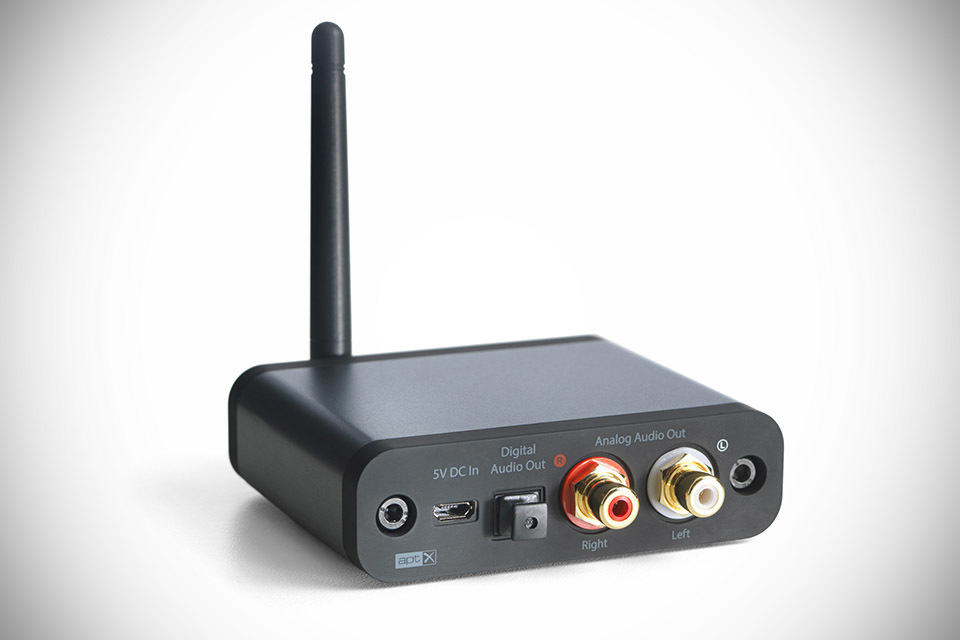


Hoping for good results when I finally settle on something and can get rid of this mess of gear/cables that's been underutilized for years.

I suspect that any reasonable quality external USB soundcard *should* be clean.

Now many years later, I'm looking to downsize. I've used it as my main sound output ever since. I eventually bought a MOTU 896 for audio recording and was relieved when I discovered the sound was perfectly clean. When I had a G5 I could hear the processor speed change in my speakers, it drove me nuts. I've noticed grounding issues resulting in hisses since my MDD G4. People act like I'm crazy, but I think the analog audio out of Macs is garbage. This is probably what you're experiencing. They usually take a certain threshold of audio before turning back on, and if the signal is low, it may take a moment. The system turns itself to standby when no signal is present, then automagically turn on when audio resumes. UK pricing has yet to be confirmed.Some speakers/amps have an auto-on detection. The Audioengine D1 DAC has been launched in the US at $169, with the D2 Wireless DAC costing $599 for a sender/receiver pair additional D2 receivers will be sold separately. The D2 Sender can simultaneously transmit audio to up to three receiver units. The D2 Sender has USB and optical inputs, while the D2 receiver features optical and RCA analogue outputs. The D2 solves this dilemma and also includes a USB-to-SPDIF wireless bridge for those that already have a favorite DAC.” "The ability to stream bit-perfect 24/96 audio wirelessly from your computer right to your music system not only keeps your computer away from the rest of your audio gear, but also minimizes nagging problems such as ground loops, induced cable noise, and extra jitter".Įvans continues: "The higher-end audio community has embraced computer audio but understandably consider it a sacrilege to put a computer next to their expensive music system. "D2 truly is a breakthrough product for computer audiophiles", claims Dave Evans, Audioengine director. It uses a "closed-system" wi-fi configuration, with Audioengine saying its proprietary RF technology ensures data integrity, with no impact on existing routers or networks


 0 kommentar(er)
0 kommentar(er)
